24/7 Helpline:
(866) 899-221924/7 Helpline:
(866) 899-2219
Learn more about Individual Therapy centers in Prince George
Individual Therapy in Other Cities

Other Insurance Options

Kaiser Permanente

BHS | Behavioral Health Systems

WellPoint

Sutter

Excellus
Beacon

Meritain

Health Partners

Self-pay options

Highmark

EmblemHealth

Ambetter

Molina Healthcare

Amerigroup

Medical Mutual of Ohio

Covered California

Ceridian

ComPsych

Anthem

CareFirst

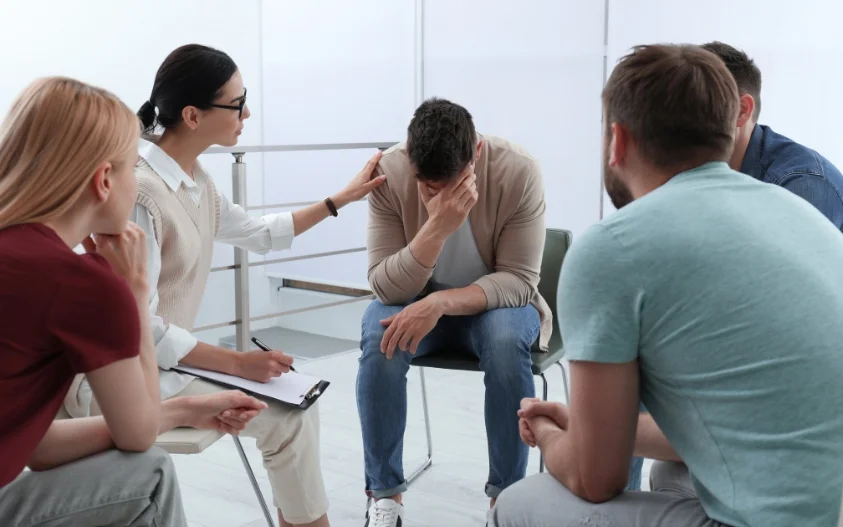
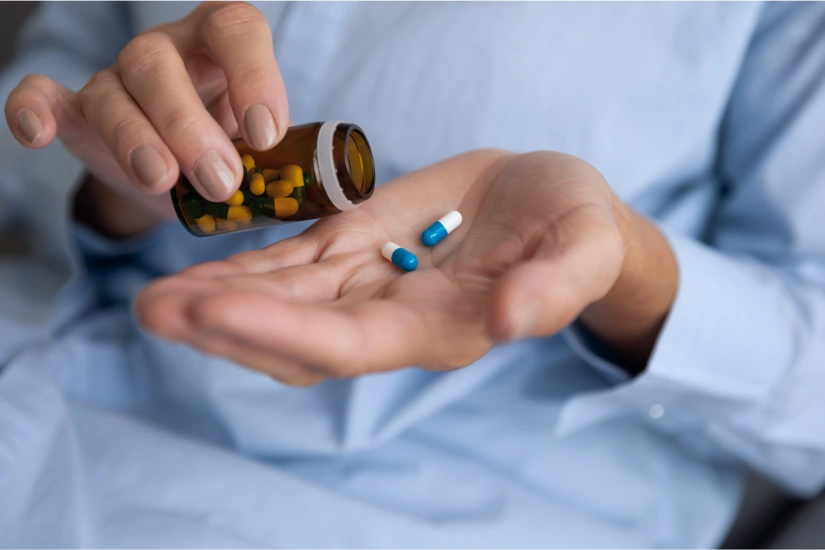
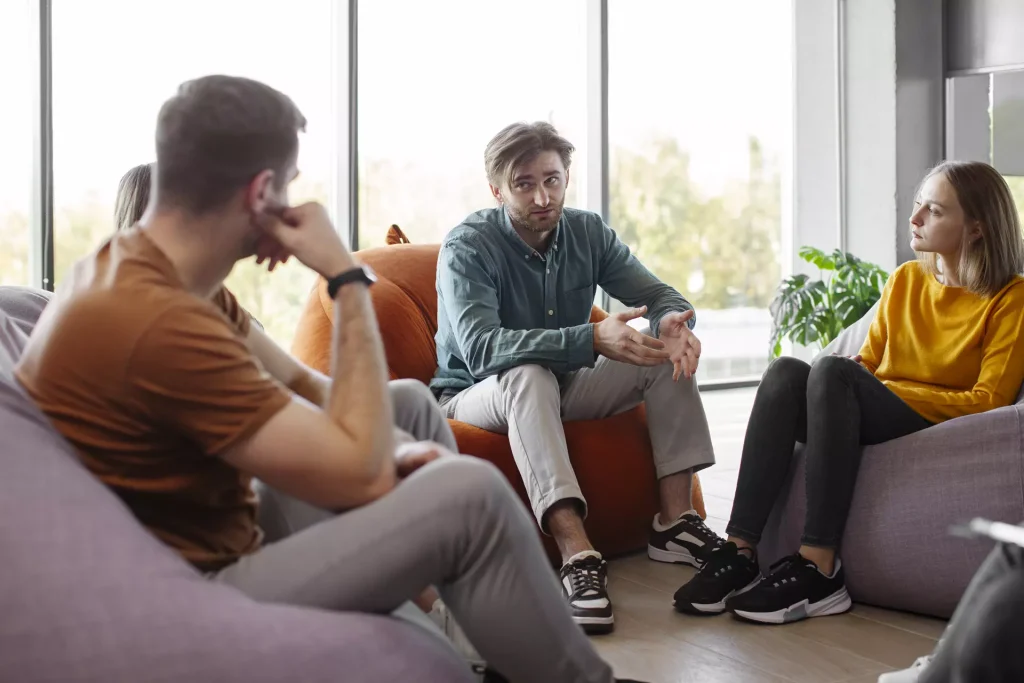
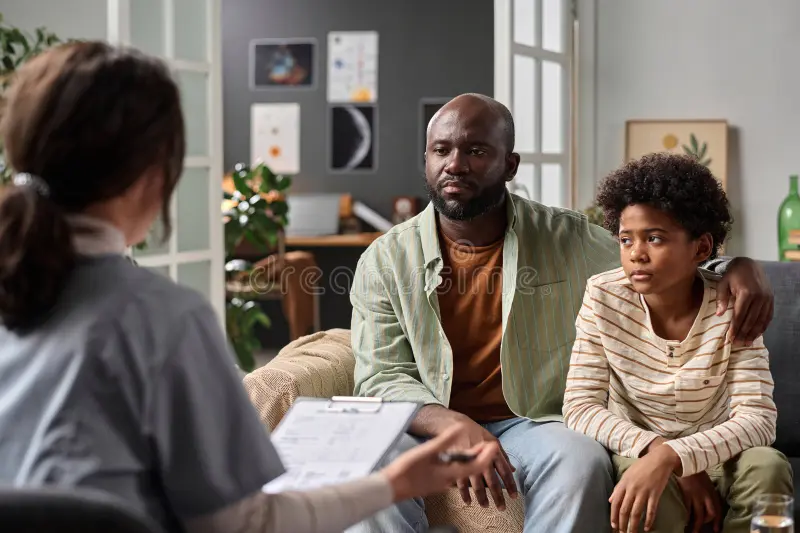




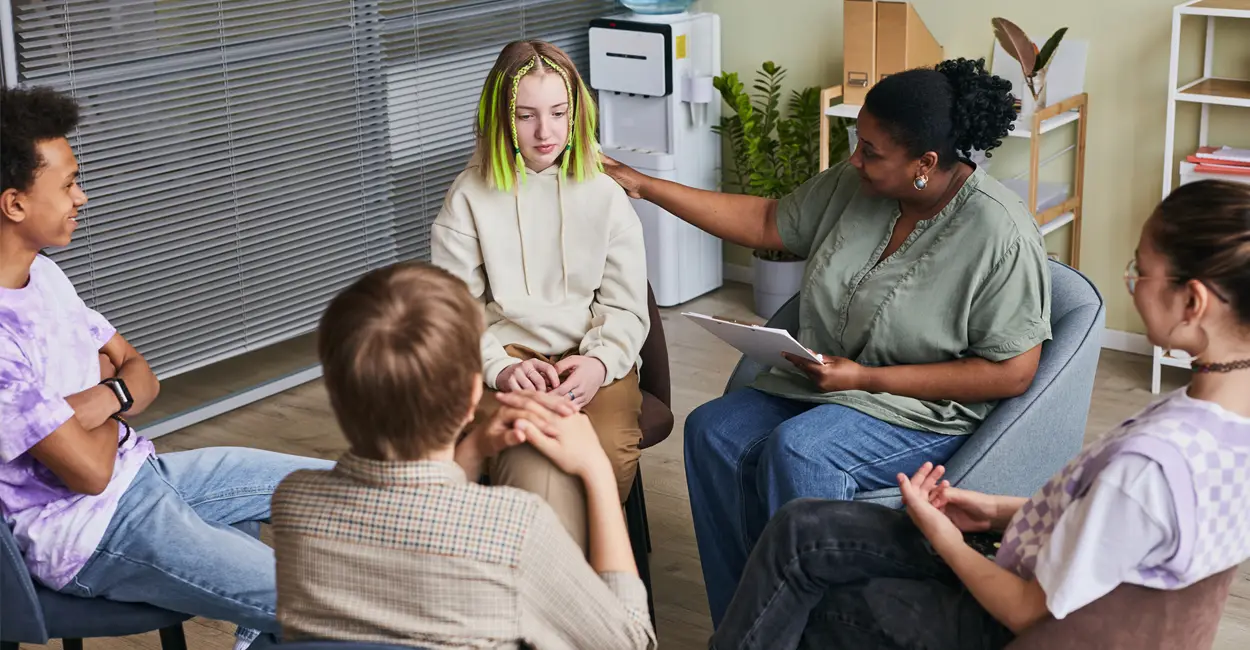
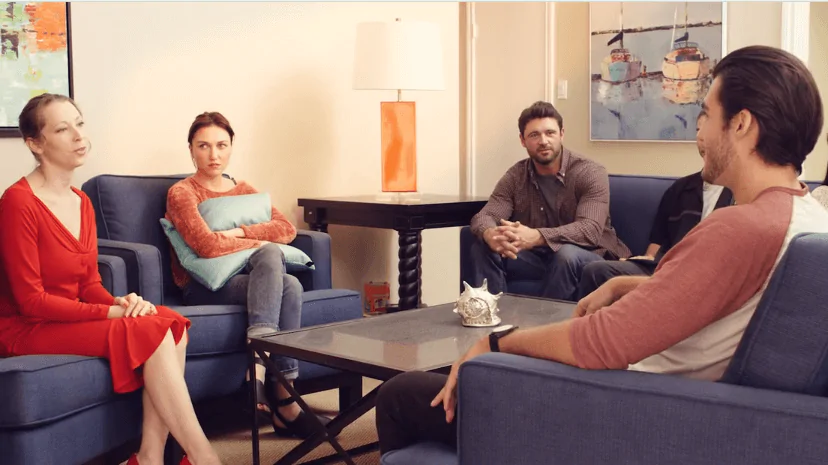

Community Services Board – Prince George Counseling
Community Services Board - Prince George Counseling Services offers outpatient treatment for adults ...


